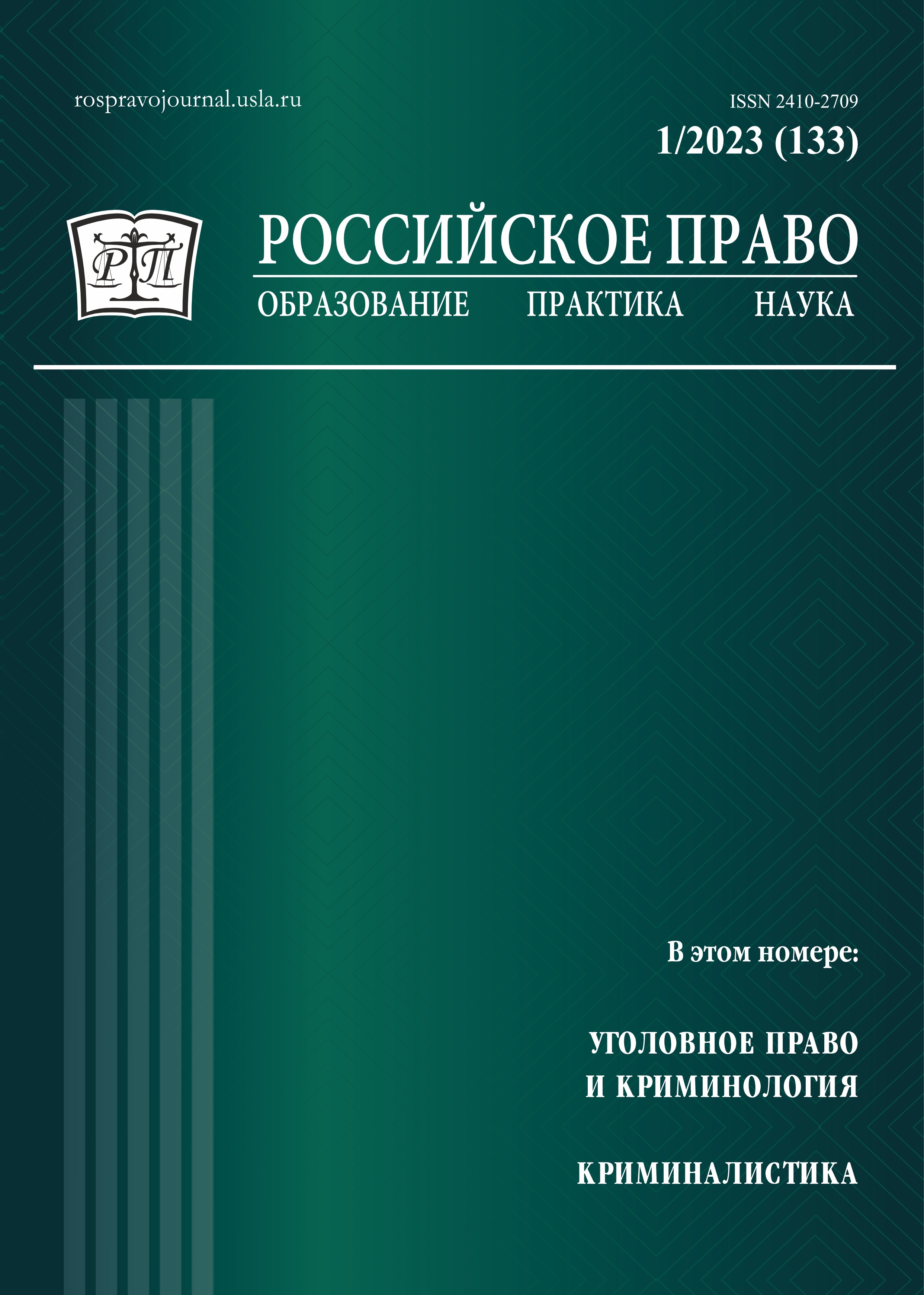The Idea of Humanism in International Humanitarian Law: from the Ancient World to the Adoption of the First International Treaties
Keywords:
international humanitarian law, humanism, international law, principles of international humanitarian law, law of war, laws of war, customs of warAbstract
the history of international humanitarian law begins with the first appearances of humanism in the minds of people. Consideration of the history of international humanitarian law since ancient times, while emphasizing the manifestations of humanism, will provide a complete picture not only of the development of the fundamental principle, but also of the prerequisites for the emergence of a separate branch of law.
The development of international humanitarian law has always been based on civility. The idea of humanism is the essence of man, which only acquired an increasingly shaped shape over time. The laws of war were shaped by arbitrariness, and humanitarian thought appears in philosophical and theological writings. Using the historical and legal method of cognition, it is possible to see how different in culture, development and territory of the state begin to come to the idea of humanism and humanity. The result of the process of humanism development, started in the minds of people, then expressed in the moral regulator, and then led to the realization of the need to implement humanitarian thought, were the Geneva Convention of 1864 and the Saint Petersburg Declaration of 1868. This is a vivid embodiment, but not the end, of the ideas of humanism. This is no longer just an idea, but an area enshrined in international law that will later be called international humanitarian law.
Downloads
Published
Issue
Section
License
Copyright (c) 2023 RUSSIAN LAW: EDUCATION, PRACTICE, RESEARCHES

This work is licensed under a Creative Commons Attribution-NonCommercial 4.0 International License.







 This work is licensed under a
This work is licensed under a 